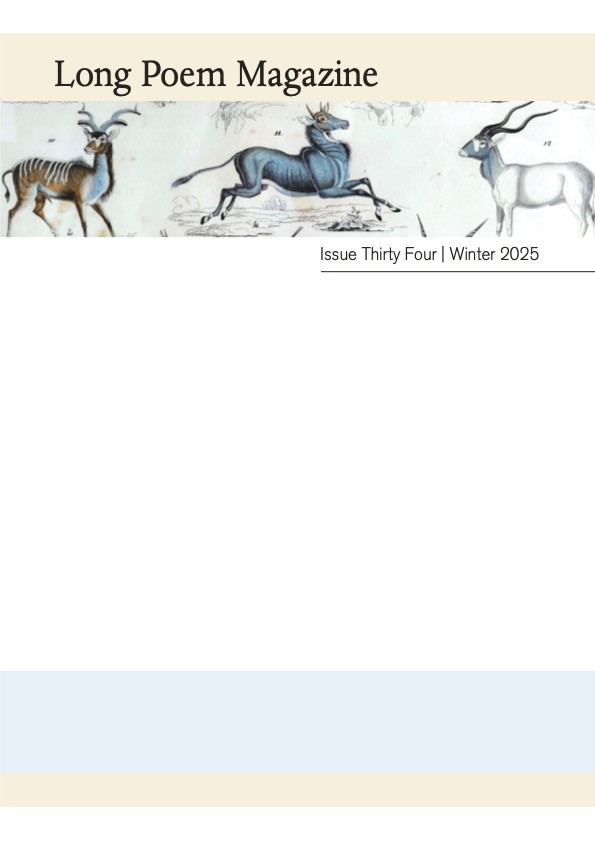Who are my people? Many poems in this issue tussle with this question. In his poem ‘Mercure’ Peter Oswald defines the current fever to identify with some ‘side’ or other. On the one hand:
From Bristol’s grassy fog, red passions
Of social workers, teacher’s unions,
Samba drummers, placard coiners,
Underpass-painters and Green counsellors,
Ballad singers; tired barristas
On zero hours. . .
And on the other:
Here, have a beer, I have a hundred here,
You thirsty anti-fascists, take your share,
But leave me free to do my bit. My cause
Is not to do with any view of yours . . .
There are age-old narratives of warring peoples, even people and animals as Liam Guilar recounts in the Arthurian tale ‘The hunting of Twrch Trwyth’ a boar:
‘Twrch Trwyth has slain many of my men.
By the valour of men, he will not
go into Cornwall while I live.
I will not pursue him further
but go against him life for life . . .’
For such desperate socio-political reasons, we urgently need to look at a wider definition of ‘my people’ than blood or belief or animal status. Javy Awan analyses the very nature of personal identity in ‘I’, asking who / what is our self:
Where is I? In the body or the mind? I is
rooted in both at the same time.
. . .
But what about me? I becomes me
when acted upon, no longer the subject
but the object
The sense of double identity – what would we lose if we gave up ‘me’? It is the nature of humanity that we must lose, loss becoming elegy. Robert Minhinnik’s ekphrastic poem ‘Dora Carrington’ is an elegy for both the artist and his mother Decima:
Years it takes
and the family falls away
and now even Decima has died
but in my head I am still walking past Hedd Fan and Hedd Le
and the gutters with their bloody foam
carrying a book about Dora Carrington
How do long poems, as such, relate to the theme of ‘my people’? Susie Campbell’s essay on the theme of navigation, sparked by the loss of her grandmother, investigates the capacity of a long poem to travel through pages, in itself a metaphor for the depths of human relationships. Her process ‘yielded vital insights about the limitations of traditional ways of mapping place and the past . . .’
There is humour too in the deep relationships between a contemporary poet and a poet long past. Damian Grant assesses Shakespeare’s plays, responds in the tanka form that Shakespeare surely didn’t use:
Lear’s ‘never never
never never never’ is
extreme animal
anguish at the cranked rack of
human suffering.
Form is legion in the long poem – see for example Ruth Wiggins and Biljana Scott’s poems. Each issue brings together different beliefs, cultures and descriptive processes, presenting the scope of the long poem and encouraging our readers to engage with contemporary world issues. As an LPM reader, you are not just serious, you’re engaged. Time to read LPM 34.
Claire Crowther October 2025
